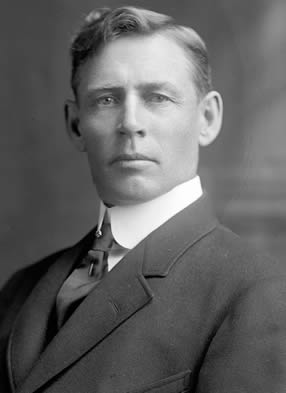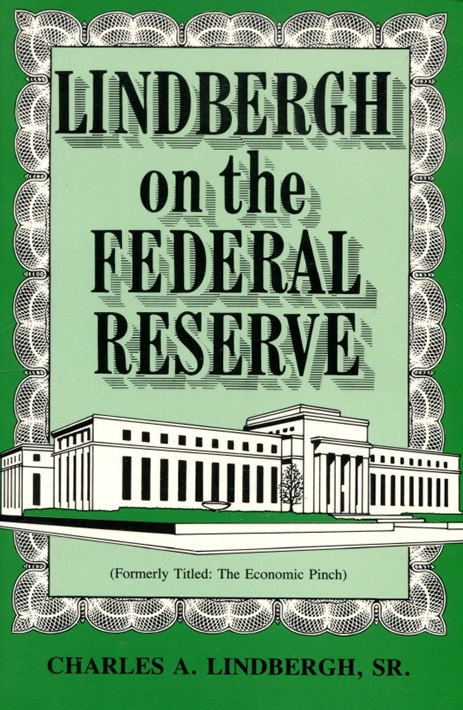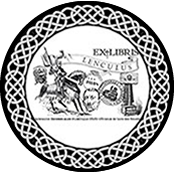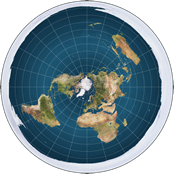Charles Lindbergh's warning
Charles Augustus Lindbergh (February 4, 1902 – August 26, 1974) (aka Lucky Lindy; The Lone Eagle) was an American aviator, author, inventor, explorer, and peace activist who, on May 20–21, 1927, became famous as the pilot of the first nonstop Transatlantic flight from New York (Roosevelt Field) to Paris (Le Bourget Field) made in the single seat, single engine monoplane Spirit of St. Louis.
After his flight to Paris, Lindbergh used his fame over the late 1920s and early 1930s to relentlessly help promote the rapid development of U.S. commercial aviation. While in the later 1930s and up until the Japanese attack on Pearl Harbor Lindbergh was an outspoken advocate of keeping the U.S. out of the world conflict (as was his Congressman father during World War I) and became a leader of the anti-war America First movement, he nonetheless supported the War effort after Pearl Harbor and flew many combat missions in the Pacific Theater as a civilian consultant even though President Roosevelt had refused to reinstate his Army Air Force commission as a Colonel that he had resigned earlier in 1941. In his later years Lindbergh became a prolific prize-winning author, international explorer, inventor, and active environmentalist.
Lindbergh was awarded the nation's highest military decoration, the Medal of Honor, in 1927 for his flight to Paris.
 Charles Augustus Lindbergh Sr - PDF
Charles Augustus Lindbergh Sr - PDF
Charles A. Lindbergh - Lindbergh on the Federal Reserve
Charles A. Lindbergh - Why is your country at war and what happens to you after the war




